The right to adopt a child cannot be raised to the status of a fundamental right under Article 21 of the Constitution and the prospective adoptive parents do not have any right to choose who to adopt, the Delhi high court has said.

Justice Subramonium Prasad upheld the retrospective application of a regulation permitting couples with two or more children to only adopt children with special needs or those hard to place, adding that the process operates for the welfare of children and the rights of prospective adoptive parents cannot be put at the forefront.
"The right to adopt cannot be raised to the status of a fundamental right within Article 21 nor can it be raised to a level granting PAPs the right to demand their choice of who to adopt. The adoption process in entirety operates on the premise of the welfare of children and therefore the rights flowing within the adoption framework does not place the rights of the PAPs at the forefront," said the court in a recent order.
The judge noted that there is a long wait for adoption and there are many childless couples and parents with one child who would adopt a "normal child" but the chances of a specially-abled child being adopted are remote and the regulation therefore only aims to ensure that more and more children with special needs get adopted.
"The long wait for prospective parents including those who are devoid of even one biological child must be seen in the backdrop of a grave mismatch between the number of normal children available for adoption and the number of PAPs in expectation of adopting a normal child.
"A balanced approach therefore ought to be welcomed which attempts to reduce the wait for parents with a single child or devoid of even that, in anticipation of adoption and the interests of the child while being matched with a family with lesser number of already existing biological children," added the court.
The court's decision came on a batch of petitions by several PAPs with two biological children who applied for adoption of a third child as per the Juvenile Justice (Care and Protection of Children) Act, 2015.
During the pendency of their application, the Adoption Rules, 2022 superseded the Adoption Regulations, 2017 and instead of three or more children, now couples with two or more children could only opt for adoption of children with special needs or those hard-to-place children unless they are relatives or step-children.
Hard-to-place children are those that are not likely to be adopted because of physical or mental disability, emotional disturbance, recognised high risk of physical or mental disease, age, racial or ethnic factors etc.
The petitioners contended that retrospective application of the Adoption Regulations 2022 was arbitrary and violative of Article 14 (equality before law) of the Constitution.
In the order dismissing the petitions, the court said there was "no right at all" to insist on the adoption of a particular child and the petitioners' claim that a "vested right" has been retrospectively taken away was not good in law.
"The policy of the legislature, therefore, is that the rush of a number of couples, who already have more than four children, who are available to adopt a child was felt in the year 2015. The said figure of four was brought down to three in the year 2017 and the same has now been brought down to two in the year 2022. This indicates that there is no right amongst the PAPs to insist on the child whom they want to adopt till the adoption does not go through. The change is only in the eligibility criteria," the court said.
It added the registration of the petitioners as PAPs was still intact and they were within the zone of consideration towards adoption of a special needs child, hard to place children and children of relatives or step children.


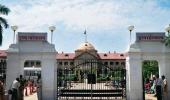
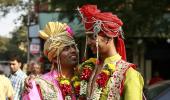




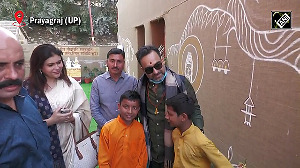
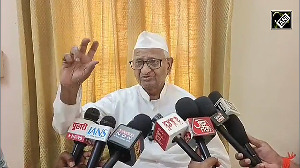
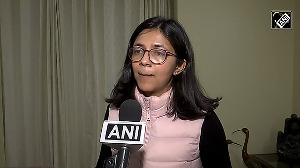
 © 2025
© 2025